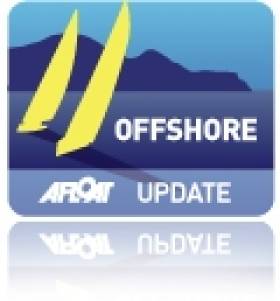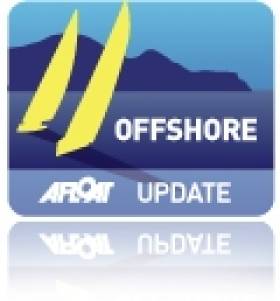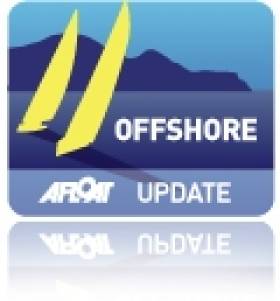Displaying items by tag: Erkan Gursoy
Sailor Who Sought Shelter In Aran Islands Completes His Voyage
#Offshore - Last October, a Canadian solo yachtsman made the news when he was taken in by the residents of Inis Mór in the Aran Islands after a tumultuous Atlantic Ocean crossing.
And now The Irish Times reports that Erkan Gursoy has received a hero's welcome upon arrival at his final destination of Turkey.
The 68-year-old retired teacher had sailed his self-built boat Altan Girl all the way from Vancouver, navigating the challenging Northwest Passage, before stormy weather slowed his progress towards Europe.
Contact with his vessel was lost for a short time, but Gursoy eventually made it to the safety of the Aran Islands with only minor damage sustained.
In the 10 days he spent in Galway Bay, he related to the locals even more of his lengthy adventure – including a collision off Greenland, and scaring away polar bears while stuck in ice in the far north of Canada.
But his homeland of Turkey beckoned, and after sailing most of winter away through the Mediterranean, Gursoy at last reached a marina in Istanbul this week.
“My wife said I had better go and get it out of my system, so we could then live out our lives,” he said of his epic near-10-month voyage.
The Irish Times has much more on the story HERE.
Northwest Passage Sailor Safe & Sound After Reaching Aran Islands
#Offshore - RTÉ News reports that the Canadian yachtsman slowed in his crossing of the Atlantic by last week's storm conditions has made landfall at the Aran Islands.
As previously reported on Afloat.ie, 67-year-old Erkan Gursoy had been looking forward to a pint once reaching his intended landfall at Dingle after an eventful few months solo navigating the Northwest Passage.
According to Independent.ie, his boat Altan Girl finally found its way to our shores yesterday (Sunday 26 October) after contact was lost for a short period.
The vessel was escorted by the Aran Islands RNLI to Inis Mór, having sustained minor damage in the storms.
And upon repairs, Gursoy may continue his solo voyage all the way to his native Turkey.
Northwest Passage Sailor Looking Forward To Pint In Dingle
#Offshore - Canadian sailor Erkan Gursoy, who recently navigated the Northwest Passage solo, says he's looking forward to a pint once he reaches Irish waters, as RTÉ News reports.
The 67-year-old boat builder from Vancouver is currently some 500km off the west coast in his 11m yacht Altan Girl after riding out the remnants of Hurricane Gonzalo that brought heavy winds to Ireland in recent days.
And despite the initial concerns of the Irish Coast Guard, he's "not in any difficulty" as he makes slow but steady progress across the Atlantic bound for port at Dingle.
Besides, he's faced his share of bigger challenges since setting out on his epic voyage earlier this year, such as getting stuck in Arctic ice for 10 days in July – during which time he had to fend off the advances of dangerous polar bears.
RTÉ News has more on the story HERE.































































